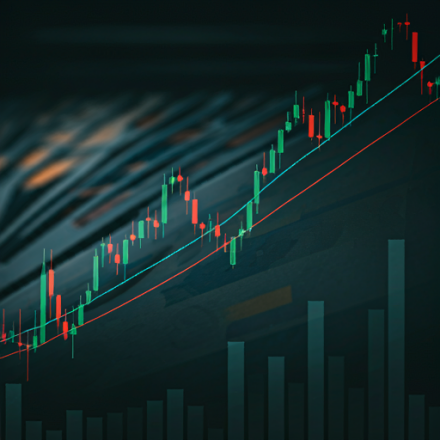Geopolitical tensions have always been a significant factor influencing financial markets. From trade wars to territorial disputes, the impact of geopolitical events on global finance can be profound and far-reaching. As the world becomes increasingly interconnected, the future of financial markets will be shaped by the dynamic interplay between geopolitical developments and economic policies. This article explores current trends and future predictions for financial markets in the context of geopolitical tensions.

Current Trends
Trade Wars and Tariffs:
Trade conflicts, particularly between major economies like the United States and China, have introduced volatility into financial markets. Tariffs and retaliatory measures disrupt supply chains, impact corporate earnings, and lead to fluctuations in stock prices. Investors closely monitor trade negotiations and policies to gauge their potential effects on global trade and economic growth.
Sanctions and Economic Warfare:
The use of sanctions as a tool for political leverage has become more prevalent. Sanctions can isolate countries from the global financial system, affect their currency values, and disrupt international trade. For example, sanctions against Russia have had significant ramifications for global energy markets and the financial sectors of involved nations.

Technological and Cyber Warfare:
Cybersecurity has emerged as a critical concern for financial markets. Geopolitical tensions often extend into the digital realm, where cyber-attacks can target financial institutions, disrupt trading systems, and steal sensitive data. The increasing frequency and sophistication of cyber-attacks have made cybersecurity a top priority for financial regulators and institutions.
Future Predictions
Increased Market Volatility:
Geopolitical tensions are likely to continue contributing to market volatility. Investors will need to navigate an environment where sudden political developments can lead to swift market reactions. Diversifying portfolios and employing risk management strategies will be crucial to mitigate potential losses.
Shifts in Global Trade Alliances:
As geopolitical landscapes evolve, so too will global trade alliances. Countries may seek to reduce dependence on adversarial nations by forming new trade partnerships and regional blocs. These shifts can create new investment opportunities and alter the dynamics of global supply chains.

Rise of Sustainable and Ethical Investing:
In response to geopolitical tensions and their impact on human rights, environmental policies, and social issues, there is a growing trend towards sustainable and ethical investing. Investors are increasingly considering environmental, social, and governance (ESG) factors in their decisions. Companies with strong ESG practices may be seen as more resilient to geopolitical risks, attracting more investment.
Conclusion
The future of financial markets will be significantly influenced by geopolitical tensions. Current trends such as trade wars, sanctions, regional instability, and cyber warfare are already shaping market dynamics. Looking ahead, increased market volatility, shifts in global trade alliances, the rise of sustainable investing, the adoption of digital currencies, and a heightened focus on cybersecurity will define the landscape. Investors, policymakers, and financial institutions must remain vigilant and adaptive to navigate the complexities of a geopolitically charged environment. By understanding and anticipating these developments, they can better manage risks and seize opportunities in the evolving financial markets.





